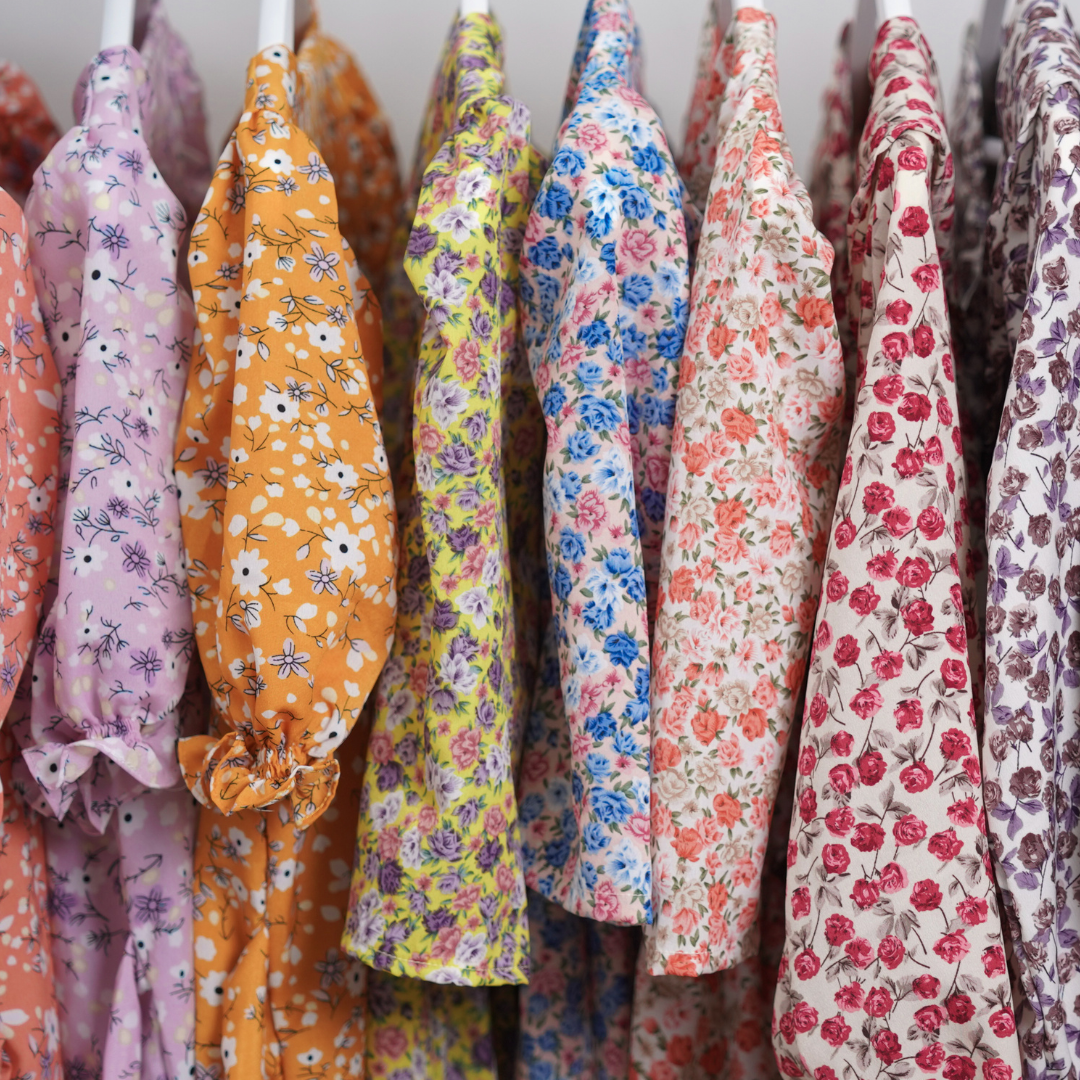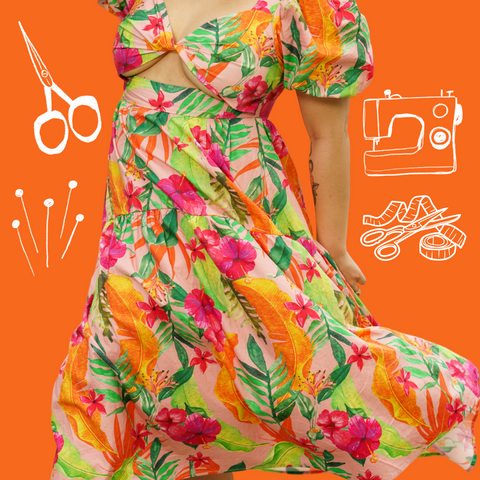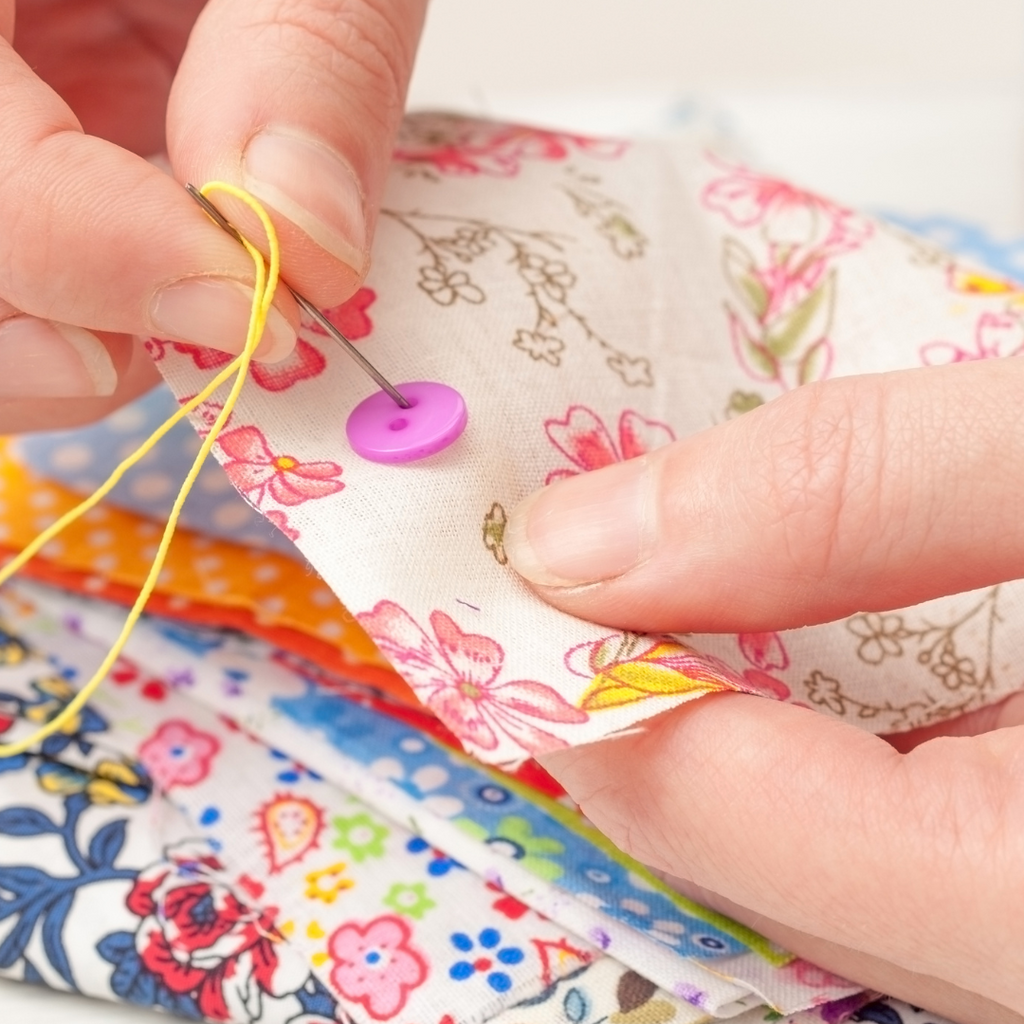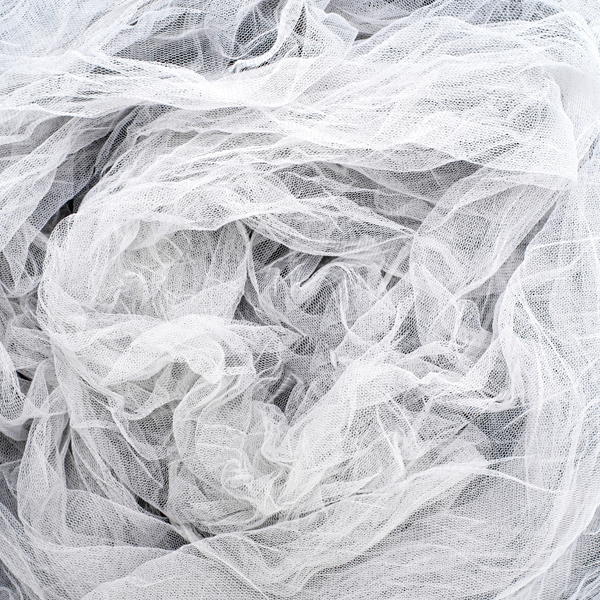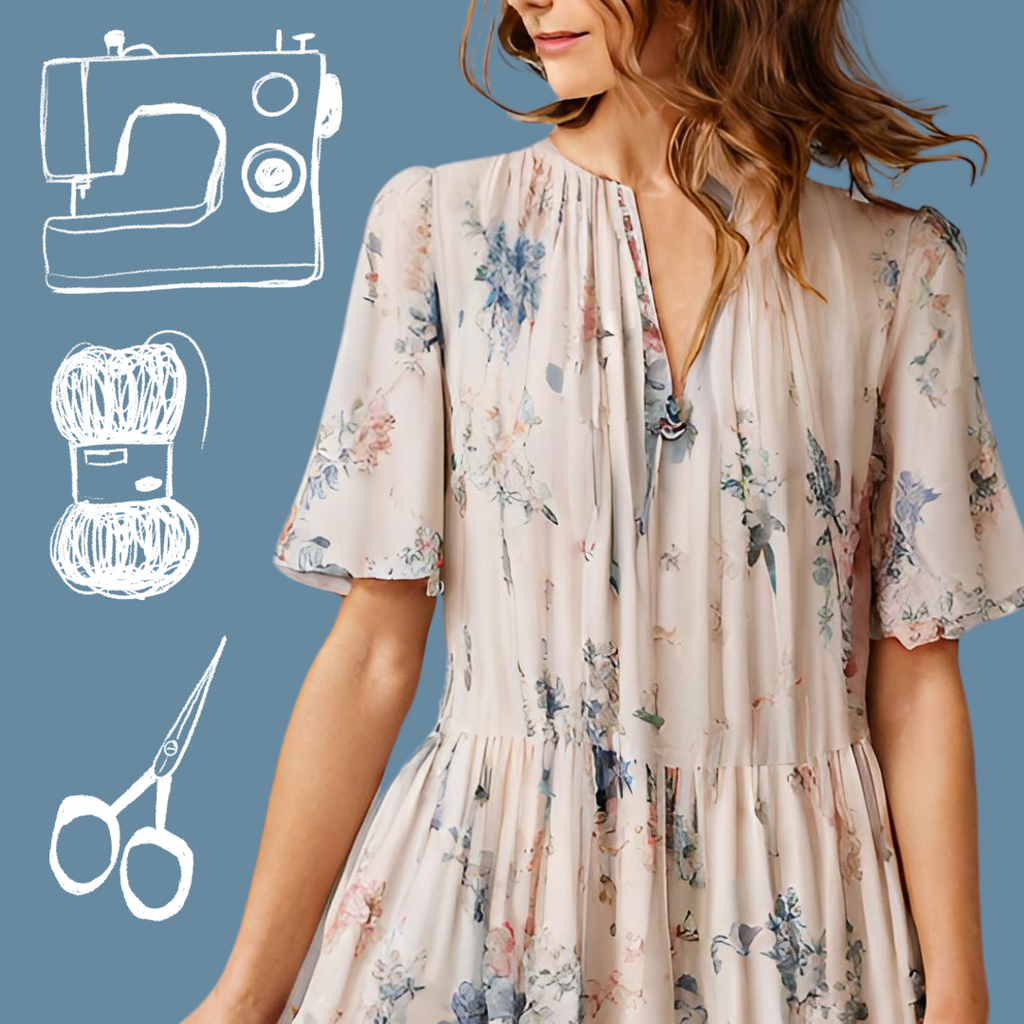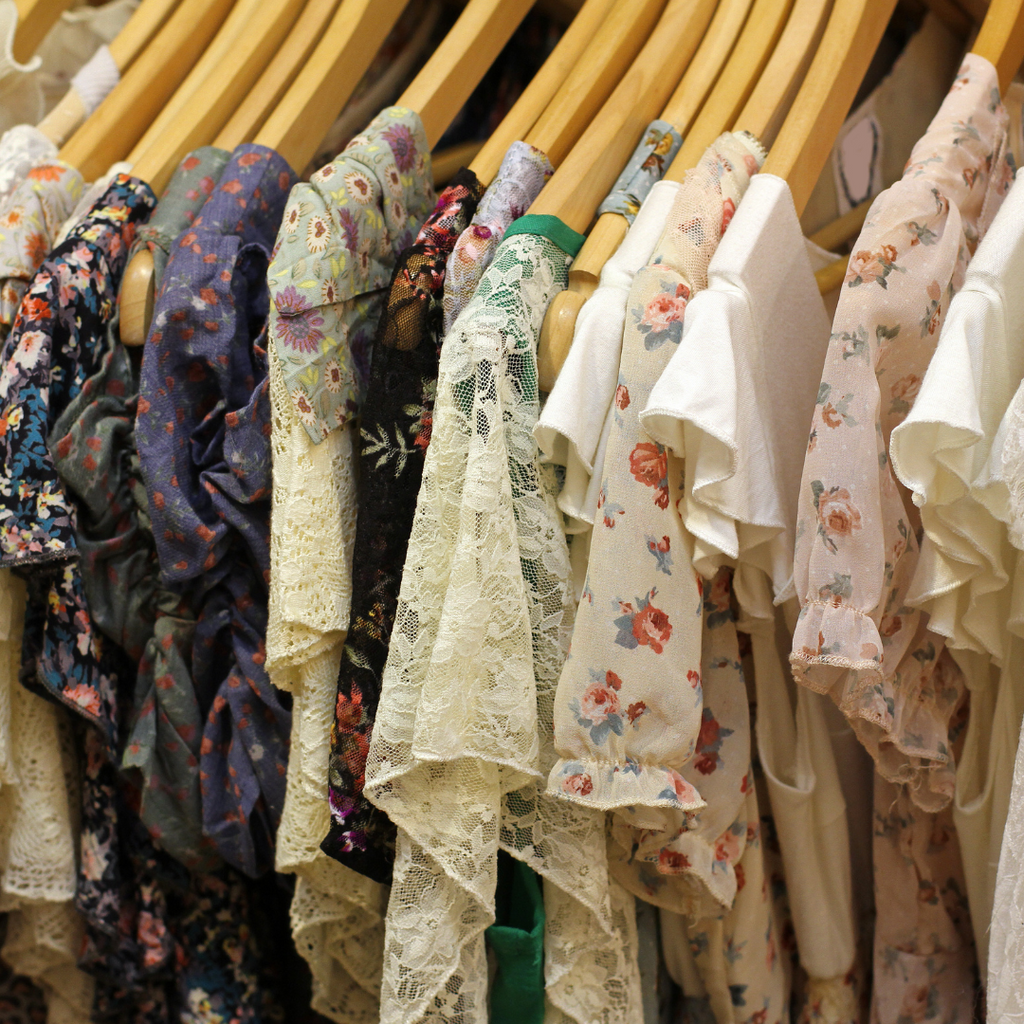Have you ever found yourself marveling at a delicate chiffon blouse or a breezy linen dress, wondering how to tackle such lightweight fabrics in your sewing projects? Well, you're in luck! Today, we're diving into the world of sewing with lightweight fabrics, and I promise it'll be a fun and enlightening journey. So, grab your favorite cup of tea, and let's get started!
Spring Into Sewing: Fun and Breezy Ideas for Lightweight Fabric Projects
Choosing the Right Lightweight Fabrics for Your Project
First things first, picking the right fabric is like choosing the right partner for a dance—it needs to be a perfect match! Lightweight fabrics come in a variety of types, from silky chiffon to airy cotton voile. Each has its own personality and requires a unique approach. Think about the end use of your project. Is it a floaty summer dress or a sheer curtain? Your project's purpose will guide your fabric choice.
Essential Tools and Supplies for Sewing with Delicate Fabrics
Before we jump into sewing, let's talk tools. Sewing with lightweight fabrics is a bit like performing surgery—you need the right instruments! Sharp, fine-pointed scissors are a must for precise cutting. And let's not forget about the needles. Opt for a smaller needle size (think 60/8 or 70/10) to avoid leaving large holes in your delicate fabric. Also, consider using fine pins and a good quality, thin thread to keep everything in place without adding bulk.
Prepping Your Fabric: Washing, Drying, and Ironing Tips
Prepping your fabric is like setting the stage for a play. It's crucial! Always pre-wash your fabric in the same way you plan to wash the finished garment. This step helps prevent any future shrinkage or surprises. When drying, avoid high heat, and for ironing, a low temperature with a pressing cloth will be your fabric's best friend, preventing any scorch marks or heat damage.
Cutting Techniques for Preventing Fraying and Distortion
Now, let's cut to the chase—literally! Cutting lightweight fabric can be tricky, as it loves to slip and slide. A rotary cutter and a cutting mat can be game-changers here, offering more control and precision. And remember, weights can be more fabric-friendly than pins when securing your fabric to the pattern.
Adjusting Your Sewing Machine Settings for Lightweight Materials
Your sewing machine settings can make or break your project. For lightweight fabrics, think gentle. Lower the tension, choose a straight stitch, and test on a scrap piece first to ensure you're not puckering the fabric. Oh, and a walking foot or a Teflon foot can be a real lifesaver to prevent the fabric from being eaten by the machine!
Stitch Selection for Delicate Fabrics
When it comes to stitches, less is more. A simple straight stitch or a small zigzag stitch is often all you need. And for seams that will be under tension, consider French seams or flat-felled seams. They not only look neat but also add strength to your delicate creation.
Seam and Hem Finishes for Lightweight Fabric Projects
Finishing seams and hems can feel like adding the cherry on top of a sundae—it's all about the details! For a clean finish, you might want to try a rolled hem, especially on fabrics that fray easily. Or, for a bit of an invisible look, a blind hem can be your go-to choice.
Working with Patterns on Delicate Fabrics: Do's and Don'ts
When using patterns, remember that lightweight fabrics can be a bit unruly. To keep your fabric in check, use a spray stabilizer or tissue paper underneath while sewing. This extra layer can help manage the fabric's slipperiness and ensure a smoother sewing experience.
Troubleshooting Common Issues When Sewing with Lightweight Fabrics
Encountering issues? Don't worry, it's all part of the learning curve! If your fabric puckers, try reducing the tension and using a finer needle. If the fabric keeps getting pulled into the machine, a piece of paper or stabilizer underneath can work wonders.
Inspirational Project Ideas for Sewing with Lightweight Fabrics
Now for the fun part—what to make! Lightweight fabrics are perfect for flowy dresses, scarves, blouses, and lingerie. Each project lets the fabric's natural drape and movement shine, offering a fantastic opportunity to play with designs that flutter and float.
If you're looking for fancy buttons to go on lightweight fabrics, I recommend avoiding glass buttons which are quite heavy, but instead consider rhinestone buttons and buttons made of wood, shell, and small-sized vintage buttons.
If you enjoyed this blog about the art of sewing on lightweight fabrics, you might also like these other sewing projects
.
You may also like to read:

